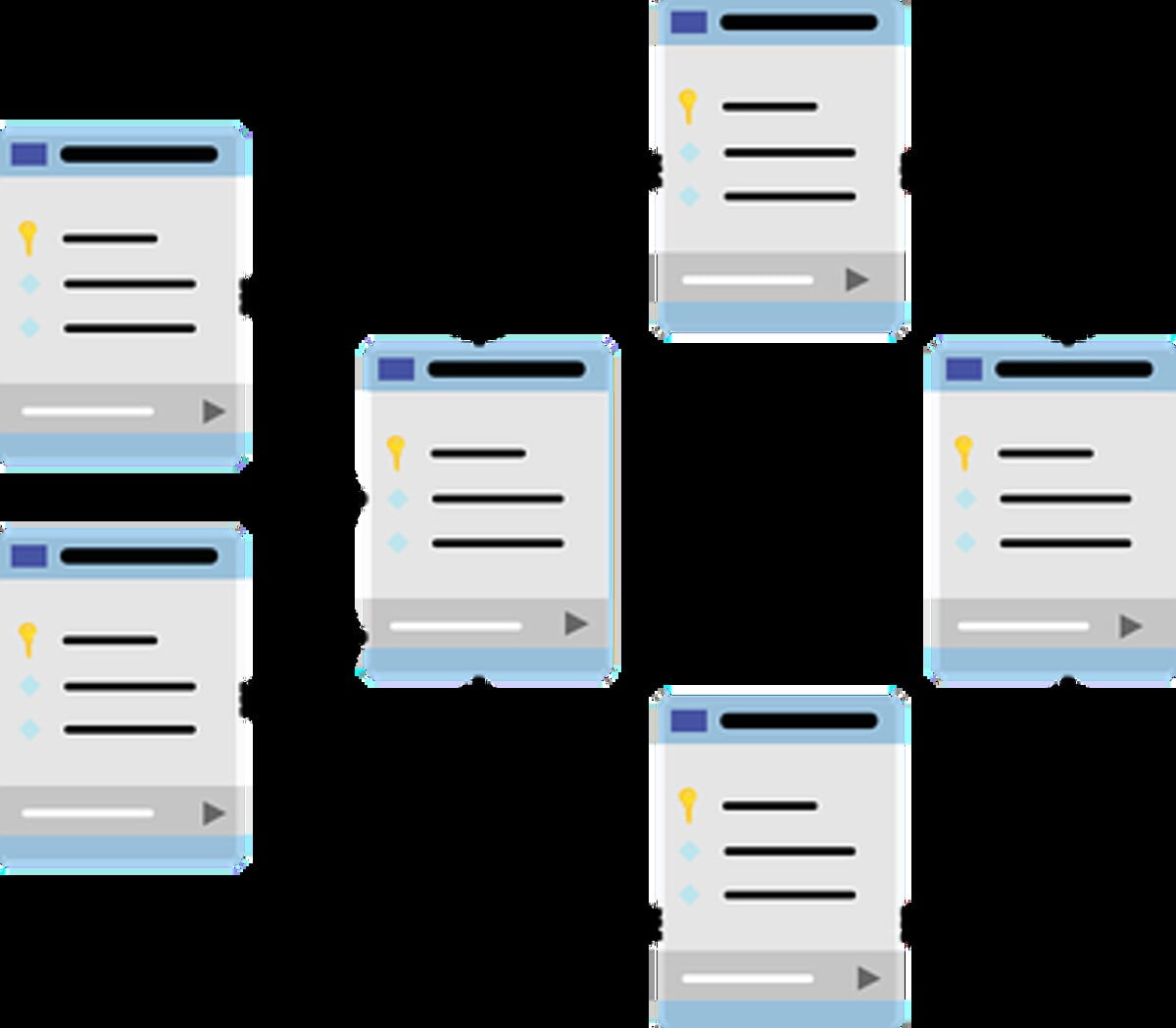There are many uses for databases. They can be used to store information about a person, company, or product. Databases are vital to businesses. They store vital information about users and customers. They also help in the processing of payroll and other administrative tasks. To better understand how these databases are used, we must first understand what they are.
Table of Contents
Information about a customer
Information about a customer in a database is a valuable resource for service firms. This information is organized and stored in a structured format, making it easy to query and analyze. The database also stores relevant information about a customer, such as their name, address, gender, and previous orders.
The owner of a customer database decides what information to include in it and what to do with it. For instance, a company may want to retain contact details for past customers or future sales leads. The information in the database may also be used to personalize services.
Information about a user
A database can be used to store information about a user. This information can be stored in different tables. A user profile can contain information about the number of connections a user can make, how much memory they can use, how long they can run queries, and many other parameters. Moreover, a user’s profile can specify how many sessions he or she can have at a given time.
Information about a company
If you want to find information about a company, you can use the internet and library databases. Many of these databases have a tab called “Company Information,” which allows you to search for and view company information. Other databases, such as Nexis Uni (formerly LexisNexis), have to search boxes for companies that allow you to access SEC filings and other company information.
Information about a product
You can enter a specific product into a database if you want to sell a specific product. Search engines and websites will populate the database with information about the product. When customers search for a specific product, they will be redirected to the product’s description. The database will include the product’s name, category, and predicted weight fraction from the ingredient list.
Information about a company’s products
A database is a valuable store of information about a company’s products. Unlike a Google Sheets spreadsheet, where a company can store a single product’s details, a product database can organize all of the information in a single location. This makes it easier to find information about a product.
Information about a company’s employees
Creating a database that contains information about a company’s employees can be a powerful business tool. It can be used for various purposes, including improving internal recruitment and workforce development strategies. This information can also identify skill gaps within a company’s team. In addition, it can help identify the best internal talent. This type of information can be collected through surveys and ESS portals.
Once you have the necessary information, you can create an employee database. This database can include basic contact information, job title, department, and salary information. The data can be sorted and filtered to make it easy to find what you’re looking for. It can also be customized with various fields, including a form employees can fill out.


